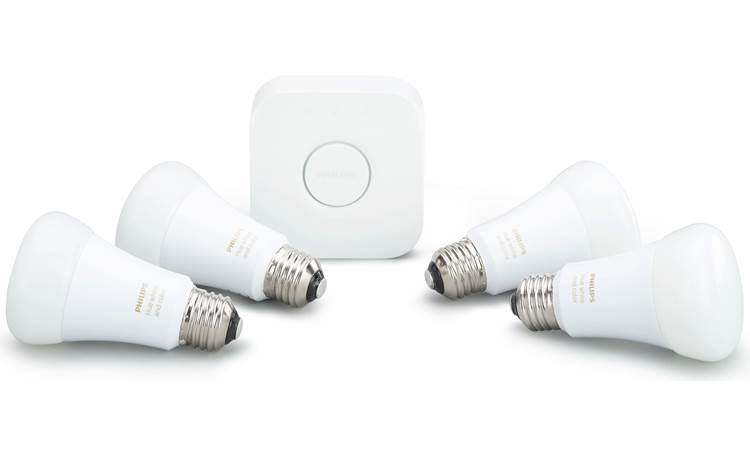
Philips Hue White and Color Ambiance A19 LED 60W Equivalent Dimmable Smart Wireless Lighting Starter Kit (4 Bulbs and Bridge) 548545 - The Home Depot

Philips Hue 2-Pack Premium Smart Light Starter Kit, 16 million colors, for most lamps & overhead lights, Works with Alexa, Apple HomeKit and Google Assistant, Soft White

Philips Hue White and Color Ambiance LED Smart Light Bulb Starter Kit, 3 E27 Smart Bulbs & 1 Hue Bridge - Go Digital Store

Philips Hue 2-Pack Premium Smart Light Starter Kit, 16 million colors, for most lamps & overhead lights, Works with Alexa, Apple HomeKit and Google Assistant, Soft White

Philips Hue Starter Kit White and Color Ambiance 2 x E27 10W RGBW ab 99,00 € | Preisvergleich bei idealo.de

Philips Hue White and Color Ambiance Starter Kit (Older Model, 3 A19 Bulbs and 1 Bridge, Compatible with Amazon Alexa, Apple HomeKit and Google Assistant) - Led Household Light Bulbs - Amazon.com














